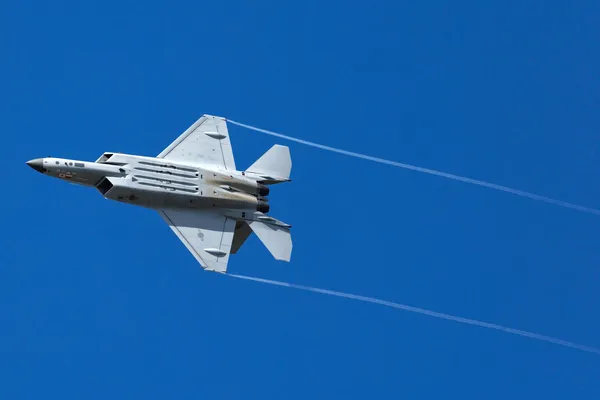
South Korea is stepping up its outreach to Middle Eastern buyers as it pursues potential weapons contracts worth $15 billion in the United Arab Emirates. This move signals a strategic shift for South Korea, known for its technological prowess and military capabilities, as it seeks to capitalize on the lucrative arms industry in the Middle East.
The significance of this potential deal extends beyond the mere monetary value. It could reshape the global arms market, shifting the balance of power and potentially disrupting established alliances. For South Korea, success in this endeavor could solidify its reputation as a reliable arms supplier, opening doors to further opportunities in the Middle East and beyond.
This geopolitical maneuvering has profound implications for the average investor, small business owner, and policy-maker. It underscores the importance of understanding the complex interplay between global politics and economics, especially in industries as sensitive and influential as global arms trade.
For the average investor, this potential deal presents both opportunities and challenges. On one hand, it could boost the South Korean defense industry, benefiting companies involved in arms manufacturing and supply. On the other hand, it could also introduce volatility, given the inherent unpredictability of international politics and defense contracts.
Small businesses, particularly those in the defense sector, could also stand to benefit from this deal. A successful contract with the UAE could lead to increased demand for South Korean arms, potentially generating more business for suppliers, contractors, and other related industries. However, they must also navigate the potential risks, including regulatory hurdles, geopolitical tensions, and market uncertainties.
Policy-makers, on the other hand, face the daunting task of balancing economic interests with geopolitical considerations. This move by South Korea could potentially stir tensions in the region, requiring deft diplomacy and strategic foresight. At the same time, it could bring about significant economic benefits, contributing to job creation and economic growth.
This potential shift in South Korea's strategic focus serves as a stark reminder of the intricate link between geopolitics and economics. It highlights the need for investors, businesses, and policy-makers alike to stay agile and informed in an ever-changing global landscape. As South Korea steps up its game in the global arms trade, the world watches with bated breath, waiting to see how this bold move will play out.

 Next
Next
Comments (0)
Leave a comment